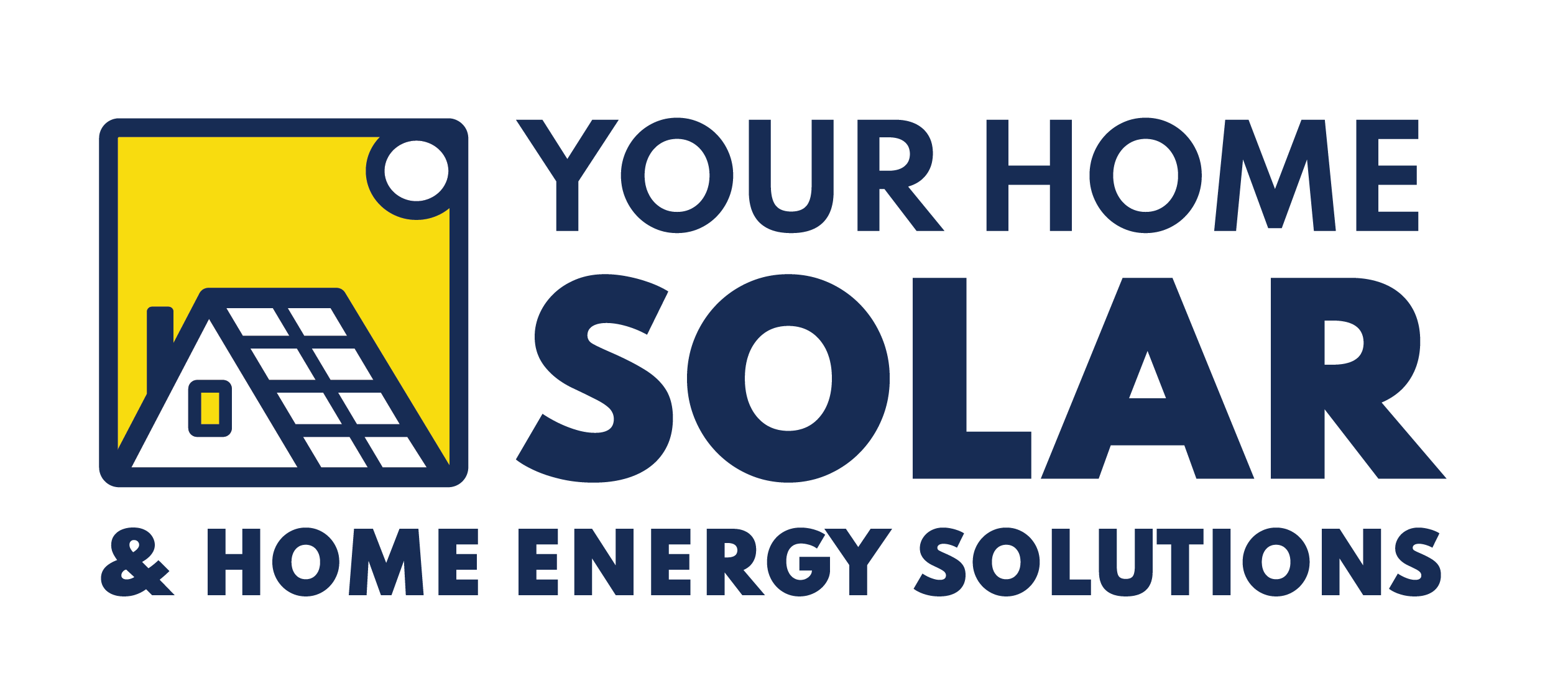In East Tennessee, as in many other regions around the world, the transition to solar energy is not only about reducing carbon emissions and combating climate change, but also about improving public health and ensuring clean air for communities. Solar energy offers numerous health benefits by reducing air pollution, minimizing respiratory illnesses, and promoting overall well-being.
Reducing Air Pollution:
Traditional energy sources such as coal and natural gas power plants emit harmful pollutants such as particulate matter, sulfur dioxide, and nitrogen oxides, which can have serious health consequences for nearby residents. By replacing fossil fuel-based electricity generation with clean solar energy, communities can significantly reduce air pollution and protect public health. Solar energy production does not emit harmful pollutants during operation, helping to improve air quality and reduce the incidence of respiratory diseases such as asthma and lung cancer.
Promoting Respiratory Health:
The reduction in air pollution resulting from the adoption of solar energy has direct benefits for respiratory health. Poor air quality can exacerbate respiratory conditions and contribute to the development of respiratory illnesses, particularly among vulnerable populations such as children, the elderly, and individuals with pre-existing health conditions. By transitioning to clean, renewable solar power, communities can create healthier environments and reduce the burden of respiratory diseases on public health systems.
Enhancing Quality of Life:
Beyond the direct health benefits, solar energy also enhances the overall quality of life in East Tennessee communities. Clean air and a healthy environment contribute to increased well-being, productivity, and social equity. Solar installations create local job opportunities, stimulate economic growth, and empower communities to take control of their energy future. By investing in solar energy infrastructure, East Tennessee can create sustainable, resilient communities where residents can thrive for generations to come.
Conclusion:
Solar energy plays a critical role in promoting clean air and improving public health in East Tennessee communities. By reducing air pollution, minimizing respiratory illnesses, and enhancing overall well-being, solar power contributes to healthier, more sustainable communities. As East Tennessee continues its transition to clean energy, the benefits of solar power for public health will become increasingly evident, paving the way for a brighter and healthier future for all.

